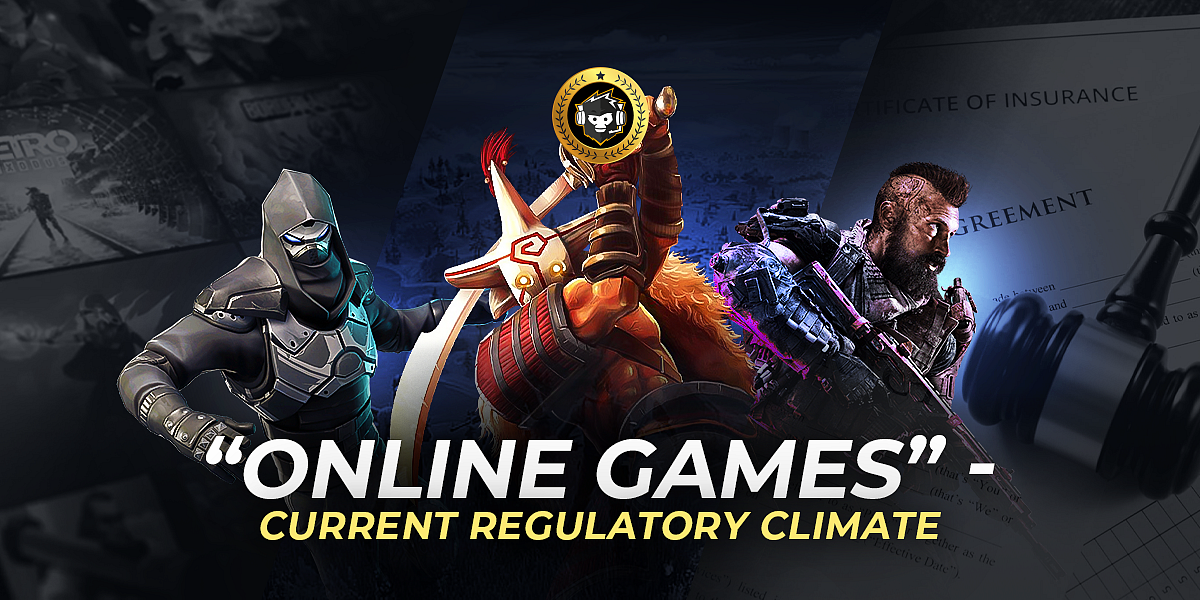“Online Games” - Current Regulatory Climate
Unraveling India's complex regulatory framework for online games

Cover-Credits:
AFK Gaming
Online Games (real money games) are taxed at 28%, right? Oh, wait, they (video games) are also taxed at 18%. If you think “Online Games” as a category existing in two GST brackets is a recipe for disaster, then I have news for you. It already is a disaster as blanket regulations have become a norm.
Before deconstructing the new present regulations, there are a few important moments from Indian history that need to be understood first. Post-independence, the Indian constitution empowered State governments with the exclusive authority to regulate betting and gambling within their jurisdictions. This regulatory framework set the stage for future legal battles and legislation.
A couple of years went by and a businessman by the name of R.M.D. Chamarbaugwala (RMDC) started hosting competitions where people had to pay an entry fee to compete in crossword and puzzle games to win cash prizes. This competition format caught fire and became hugely successful, but led to taxation and legal troubles when the then-Bombay state government categorized these activities as gambling, possibly for taxation purposes.
RMDC contested this classification in several courts, arguing that the outcome of these competitions was predominantly based on skill rather than chance and hence could not be classified as gambling. The resulting Supreme Court rulings created the now famous doctrines of “Game of Skill” and “Game of Chance” where games of skill were not considered gambling and thus were exempt from gambling-related regulations and taxes.
Before the implementation of GST, state governments used gambling and gaming as a significant revenue source through taxes. As discussed in our previous article, the 21st-century digital revolution transformed gambling and gaming into online activities. The Information Technology (IT) Act and Rules of India, which regulate internet activities, lacked provisions for digital gambling and gaming, leading to two decades of unregulated growth in this sector, necessitating changes.
To fully grasp the complexities of this issue, it is essential to refer to our previous article, "Online Games: What’s the Problem with this Term Anyway." This piece highlights the complications arising from lumping video games and real money games into a single “Online Games” category. Understanding the context of that article is crucial before delving into this current analysis.
In this third installment of our “Online Games” series, we will dissect the new regulations and legislative measures to understand the evolving regulatory landscape and the reasons behind these changes.
